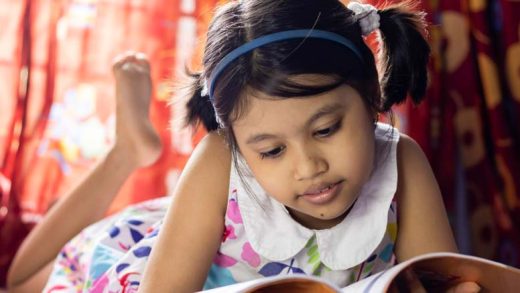Preschoolers are delicate and the most vulnerable when an emergency strikes. They cannot adjust on their own. Their safety and well-being depend on people, places, and consistent behaviours. If they are not well prepared, they are likely to experience long-term developmental, physical, and psychological problems after disasters.
Teaching young kids about emergency preparedness is important. It allows them to handle difficult and unexpected situations more effectively. You can help them feel more safe. Introducing preventative measures early on can make them ready to deal with unexpected events. In this blog, we will understand why emergency preparedness is important. We will also highlight the need for emergency preparedness awareness.
What is Emergency Preparedness?
An emergency is a situation in which there is a threat to one’s health, life, property, or environment. In most cases, immediate intervention is necessary to keep an emergency from getting worse.
Emergency preparedness refers to the measures you take to ensure your safety before, during, and after an emergency or disaster. Preschoolers are curious. Describing situations in a simple and non-frightening manner can help them. In this way, they can understand better what to expect and how to respond.
Why is Emergency Preparedness Important?
Highlighting the need to learn about emergencies is important. It ensures that everyone knows how to be safe. You can use comforting language. Always remember that having an emergency preparedness plan makes everyone feel more comfortable. Here are some more reasons:
- Safety Awareness
- Minimises Fear and Anxiety
- Quick Response
- Problem-Solving Skills
Teaching preschoolers about emergency preparedness plans makes them aware of potential risks. It also helps them learn how to be safe in case of an emergency. Accordingly, they can respond if they know what an emergency is and the fundamentals of how to react to it.
Familiarising preschoolers with such situations can help lessen anxiety and panic. It boosts their confidence during difficult situations.
Providing children with information can help them respond quickly. Quick responses can save time and reduce the severity of situations.
Preparing for emergencies in advance promotes critical thinking and decision-making under pressure. It also teaches kids how to analyse incidents and choose the best course of action.
Potential Emergency Situations that Preschoolers Face
Emergencies can occur at any time or location. Preschoolers can face it any time, whether at home or school. Some of the probable emergency circumstances that a preschooler could face are below:
- Injury and Bleeding
- Getting Lost
- Severe Weather or Natural Calamity
- Fire Incidents
- Home Alone Situation
- Power Failures
- Medical Emergencies
- Stranger Danger
Preschoolers like playing and they often get hurt. It can lead to cuts and bleeding. Thus, it becomes important that the kids have basic knowledge of first aid. And in extreme cases, the kid should know how to seek help from others if you are not around.
Nowadays, places like malls and parks are crowded. This increases the risk of kids getting separated from their parents and getting lost. You should teach them about who and how to approach for help. They should also know how to stay safe until reunited with their family.
Extreme weather events such as earthquakes, storms, or floods can arise anytime. Kids should know where to find cover and how to stay safe during such severe conditions.
In case of fire, kids should alert adults nearby. They should learn about fire safety. This covers how to properly escape and what to do if they see smoke or flames.
Sometimes there can be a situation where kids need to be alone at home. You should inform them of who to call or where they can go for help if they find themselves in such a situation.
Power failures are very common these days. Kids can often get scared of the darkness if someone is not around. You should make sure that they do not panic and stay calm. Guide them with the flashlights and emergency lights available.
Preschoolers can encounter conditions in which a family member is unwell or requires medical help. They must understand how to seek help from adults and stay calm in such situations.
The child must know who to trust. You should teach them about the dangers that strangers can cause. Make them cautious about the food or toys a stranger can offer. Kids should understand the difference between a good person and a bad one. They should be aware of how to respond to strangers to be safe.
Tips for Parents
As a parent or guardian, you play an essential part in protecting your children and preparing them for emergencies. When discussing emergencies with children, it can be tricky to know what to say. Here are some ways to help your children cope with such situations:
Thus, emergency preparedness awareness is important for protecting preschoolers’ well-being and security in unforeseen incidents. Educate kids about possible risks and acceptable solutions. You can help them to manage situations with confidence and effectiveness. This reduces fear and anxiety. This also encourages quick and effective responses and increases self-reliance and independence.
Empower your kid to grow in a secure and supportive atmosphere at Kangaroo Kids International Preschool. Our dedication to safety means that your kid will get the opportunity to learn, explore, and play with confidence. Enrol now to give your child an outstanding start in their learning direction!









